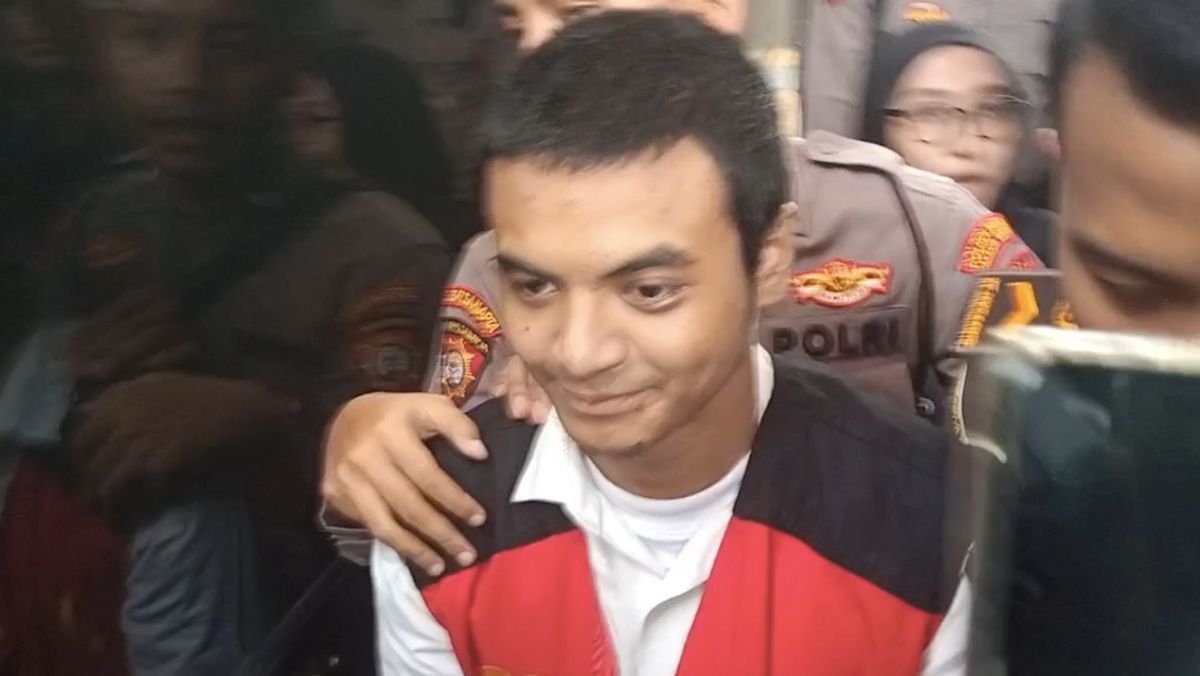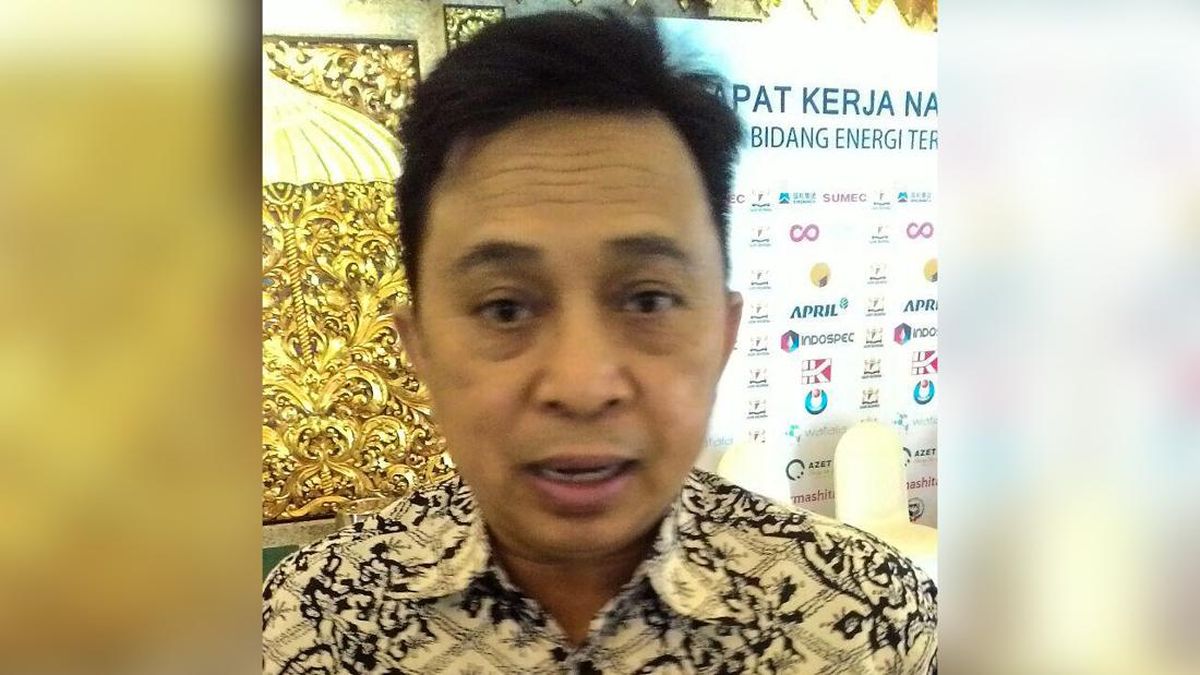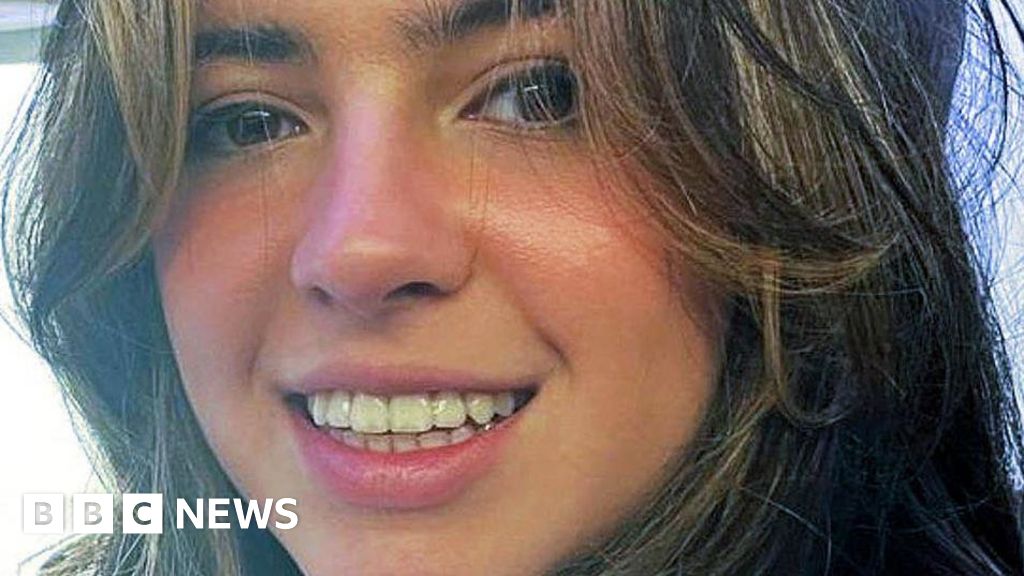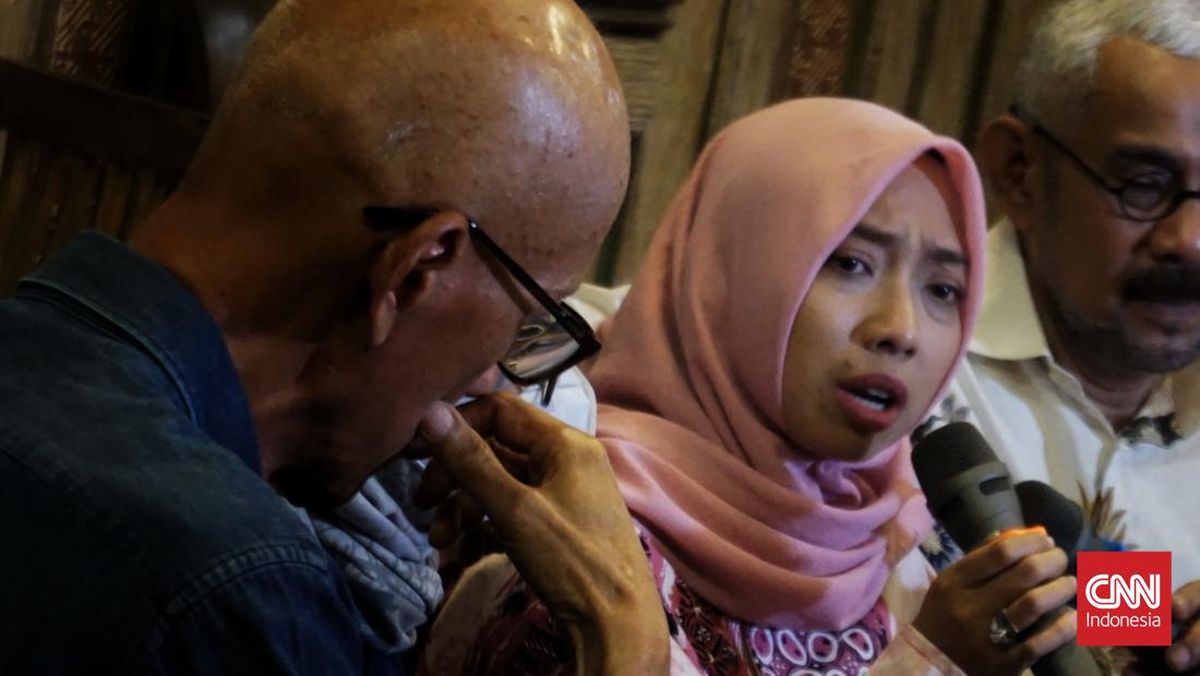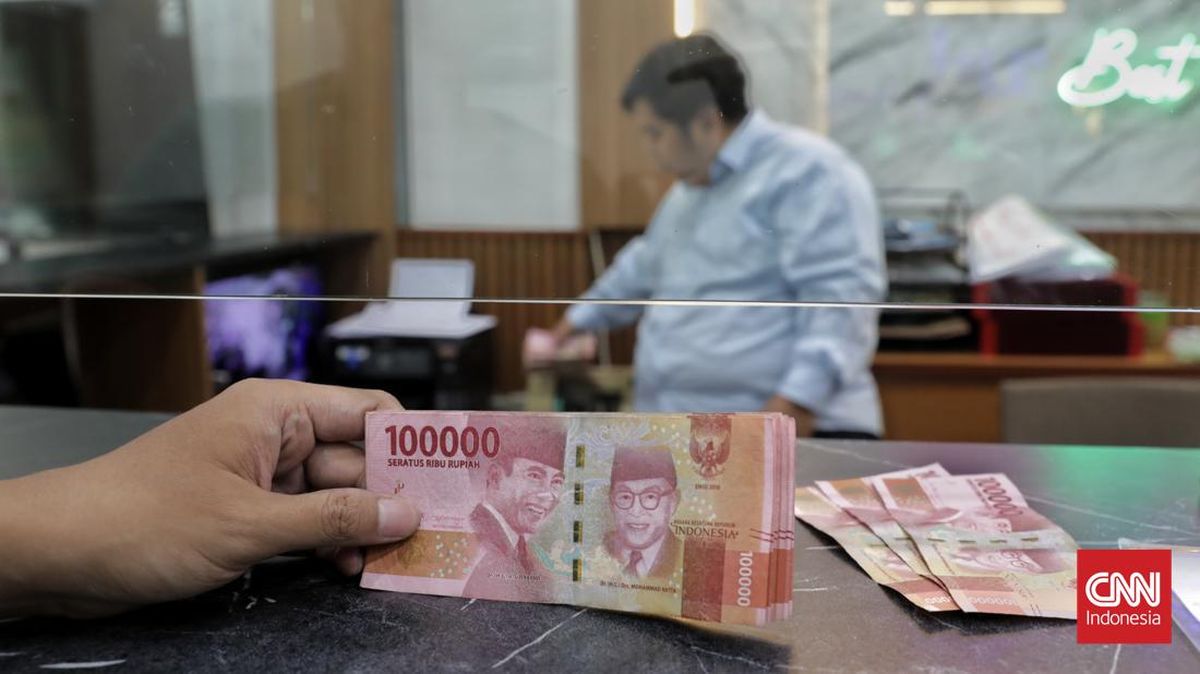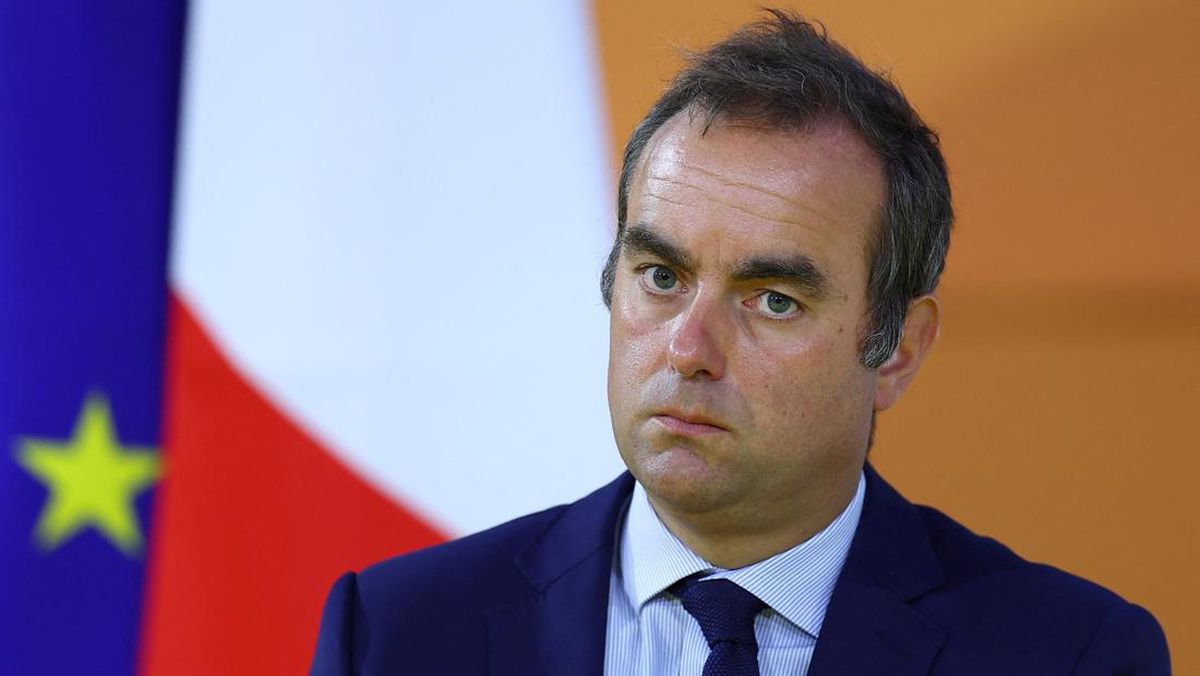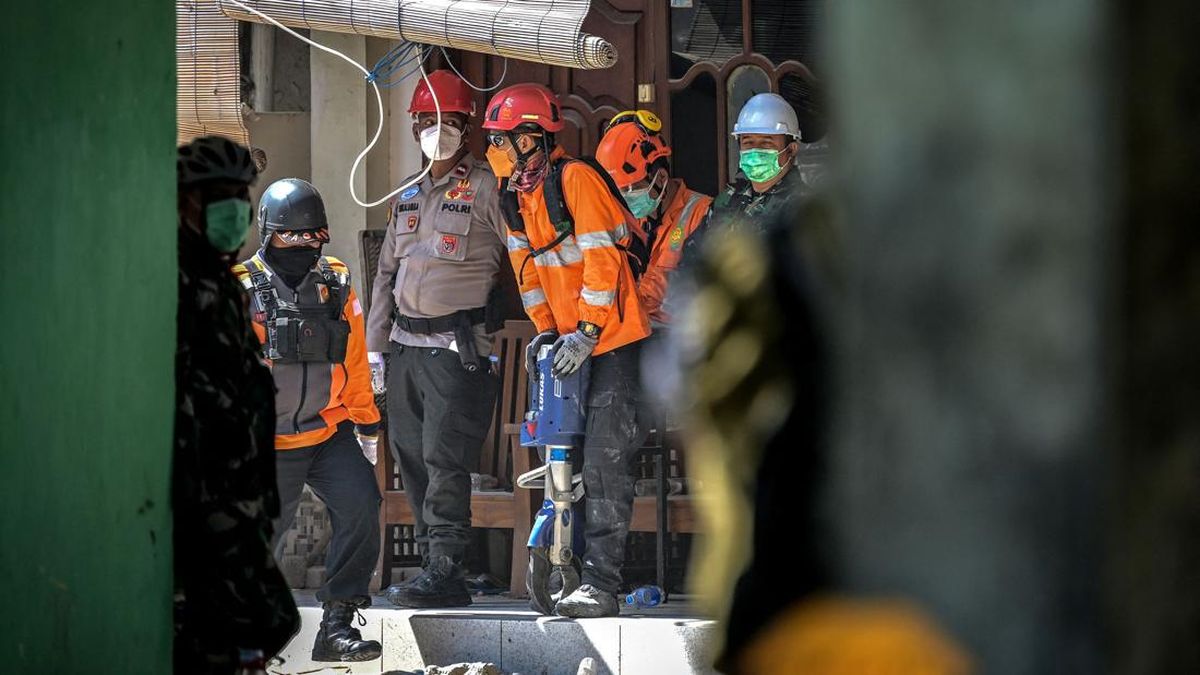Weeks before disgraced financial planner and gambling addict Anthony Del Vecchio’s crime spree was exposed, he was celebrating with two of his victims at a wedding.
The 32-year-old fraudster told Mildura couple Aimee and Nick Mazza, who had invested $250,000 into what has now been exposed as Del Vecchio’s private Ponzi scheme, their funds would be “maturing very soon”.

Aimee and Nick Mazza, who unwittingly invested $250,000 into Anthony Del Vecchio’s private Ponzi scheme.Credit: Ian McKenzie
“I’m so excited to give you guys your money back,” Del Vecchio told the Mazzas, flashing a wide smile at the wedding reception of the couple’s relative in late 2023. “It’s going to be great.”
But by then, Del Vecchio – whose financial advice has been described as timid and conservative by former Freedom Finance Australia colleagues – had already secretly gambled away their short-term investment fund, which was set up to secure their two children’s future.
He had also already lost his job but was keeping up the facade of still being employed by using falsified documents with the Freedom Finance Australia letterhead.
Del Vecchio would end up fleecing $4.5 million from the Mazzas, his former partner, cousins, relatives, primary school friends, his own colleagues and a couple whose child had cancer to fund a voracious gambling addiction.
“His offending has left us completely destroyed,” Aimee says.
“It’s horrific. We can’t sleep at night. My husband is a nervous wreck. This was for our children. It is just so unfair that there’s no one that is taking any accountability whatsoever. It is like everyone has wiped their hands of it.”
More details of Del Vecchio’s offending and the conduct of betting agencies who fed his addiction come amid a reckoning for online gambling operators and financial institutions.

Financial planner Anthony Del Vecchio defrauded almost $4.5 million from his former partner, cousins, primary school friends and clients to fund an online gambling addiction.
This masthead revealed on Monday that Kym Cavigan, 53, a victim of bankrupt accountant and gambling addict Andrew Marshall plans to take Sportsbet to court.
Cavigan was defrauded of about $820,000 to fund Marshall’s out-of-control online sports betting addiction.
The civil legal action could expose the online betting industry to unparalleled scrutiny and has the potential to establish new legal benchmarks for their accountability to customers.
Meanwhile, the suicide of a Victorian university student who had a gambling addiction will become the subject of a landmark inquiry by the Coroner’s Court next year.
The inquiry will probe several factors, including the conduct of banks, his interactions with online betting agencies, including gambling giant Sportsbet, and how his history of gambling contributed to the decision to end his life.

Bankrupt accountant Andrew Marshall of Langley McKimmie.
Documents obtained by this masthead show that, within a year, Del Vecchio gambled more than $20 million through his private Commonwealth Bank account. There were more than 200 pages of online betting transactions.
No limits were ever placed on Del Vecchio’s bets, nor were questions raised over his conduct by the bank.
This is despite tens of thousands of dollars frequently bouncing in and out of Del Vecchio’s private bank account in a single day and straight into the hands of betting companies.
By the end of his crime spree, Del Vecchio held accounts with 52 different betting companies.
Loading
What began as a $100-a-week habit quickly spiralled into thousands of dollars in bets every day.
Experts are now warning of the increasingly extraordinary lengths and tactics betting companies use to get soaring numbers of mostly young men hooked.
Betting companies fed Del Vecchio’s habit with free tickets to sporting events and showered him with VIP client managers from eight to 10 betting agencies, along with a bombardment of push alerts and reminders to punt pinging in his phone each day.

Kym Cavigan lost more than $800,000 after her accountant gambled away her life savings. She is now taking on wagering giant Sportsbet.Credit: Simon Schluter
Del Vecchio pleaded guilty to 24 charges of obtaining financial advantage by deception in the County Court in March after operating a private Ponzi scheme from February 2020 to December 2023 while employed by Freedom Finance Australia.
In sentencing Del Vecchio to more than seven years in jail, County Court judge Gabriele Cannon described the conduct of Australia’s online betting companies as the “the banality of evil”.
“The various betting agencies were apparently happy to take that money without any qualm or inquiry,” Cannon said in April.
“It is staggering that they are able to operate in our community in the ways that I have described with impunity.”
Del Vecchio has been permanently banned from working as a financial planner by Australian Securities and Investments Commission registry following his criminal convictions.
Soon after the wedding the Mazzas attended with Del Vecchio, the fraudster suddenly stopped responding to the couple’s calls and emails as they desperately sought an update on their investment.
That year, the Mazzas could not afford Christmas presents for their young children.
When Del Vecchio initially contacted the pair in 2023, he promised to place their money into short-term investments, which would quickly yield big returns.
Text messages from Del Vecchio, seen by this masthead, reveal he told the couple the investment was “zero risk”.
Loading
“We have insurance through our adviser, and it is all through our bank,” a text message from Del Vecchio to Nick reads.
The couple, who have always been cautious with money, researched Freedom Finance Australia, which employed Del Vecchio, online.
Aimee also searched for Del Vecchio through the Australian Securities and Investments Commission registry and researched his employment history at Freedom Finance.
“Everything seemed above board,” the 44-year-old says.
Since Del Vecchio’s crimes have been exposed, Nick, who has held a Commonwealth Bank account since he was a teenager, questioned the lack of regulation and ethics displayed by the bank.
He says the bank he once trusted with his life savings repeatedly failed to intervene, despite more than a million dollars rapidly entering and exiting the disgraced financial planner’s private bank account in a matter of months.
“The gambling companies took the money and pushed him [Del Vecchio] to give them the money. It wasn’t even dangling a carrot,” the 46-year-old says. “It was nearly putting a gun to his head. The behaviour of betting agencies is criminal.
“But the Commonwealth Bank saw it go through. Did they alert AUSTRAC, which they’re advised to do if it looks like a suspicious money manoeuvring account? No.
“Did they alert the federal police? No, they did not. So where were they? They’ve done nothing.”

Aimee and Nick Mazza are demanding reform after being defrauded hundreds of thousands of dollars by a financial planner with a gambling addiction. Credit: Ian McKenzie
Monash University gambling expert Charles Livingstone says the amount of money coming in and out of Del Vecchio’s account should have been a red flag for the bank.
“They need to be making reasonable inquiries,” he says. “The duty of care needs to be extended to financial institutions, too. That’s an obvious problem, and it could be automated to be detected by the banks.”
Melbourne solicitor Michael Hazell, of RBK Legal, warned that Australia’s big banks were failing to detect or respond to suspicious transactions in conduct that is allowing the online gambling industry to flourish.
Loading
“Whilst I suspect that all banks and other financial institutions have invested significant sums of money on fraud detection to identify red flags, I am surprised at how often red flags are not triggered in larger transactions involving the transfer of funds to fraudsters,” he says.
“In my experience, there are common themes across many fraud transactions which banks and financial institutions are not picking up.”
Aimee and Nick Mazza have spent another $40,000 in legal fees trying to claw back their money through taking action against Freedom Finance Australia and Wealth Trail Pty Ltd, which has been found to be legally liable for their losses.
However, the Mazzas allege instead of being supported and compensated, they have been “victim-blamed” by Freedom Finance.
In emails, seen by this masthead, Freedom Finance chief executive Daniel Rake says the Mazzas “ought to have seen the warning signals” and that “no reasonable person” would give such a large sum of money to a “loose acquaintance”.
“I’d be confident if I surveyed 100 people on the street, 99 would say they would not give money in that instance,” he writes.
Rake blamed Del Vecchio, the Commonwealth Bank and betting agencies for the fraud.
Nick says Freedom Finance’s response has been another blow in what has been a “catastrophic event” for his family.
“We didn’t just give $250,000 to a random person on the street,” he says. “We gave it to a licensed financial adviser that worked for Freedom Finance Australia.”
In a statement, Rake said the Mazzas were never on Freedom Finance’s database, as Del Vecchio instructed them to transfer money into his private bank account.
“We have fully co-operated with the Victoria Police and Australian Financial Complaints Authority providing significant support, and it would be inappropriate to comment on the specifics of this case whilst this matter is being dealt with,” he said.
“To suggest we have not supported victims and that they may not get their money back would be false and misleading and is likely to cause significant damage to our business.”
Rake insisted the firm had “strong controls” in place to supervise financial advisers, and it provided “warnings to clients not to pay money to any account that is not in their name”.
The couple say they have now been left paying the Commonwealth Bank hundreds of dollars in interest every month for the loan they took out to invest in Del Vecchio’s Ponzi scheme.
“The Commonwealth Bank were like the guy in the car with the stolen cash in the boot,” Nick says. “Now, they are profiteering off the money stolen from my family.”
Evidence tendered to the County Court this year revealed that between eight and 10 betting agencies engaged Del Vecchio with a VIP manager. The manager would contact him on a daily basis, offering him incentives, such as sporting tickets, to entice and pressure him to bet more.
A report by a forensic accountant submitted to the court said MintBet profited most from Del Vecchio’s addiction, pocketing more than $1 million from his addiction.
MintBet was found to have breached its Responsible Gambling Code of Conduct last year when a bookmaker was fined $100,000 for allowing a customer to lose more than $30,000 during a 35-hour gambling spree in which he placed more than 327 bets.
Loading
MintBet could not be reached for comment.
Del Vecchio was employed as an authorised adviser at Freedom Finance Australia from November 2016 to October 2023, when his employment was terminated.
Freedom Finance Australia quietly appointed liquidators in late April, two weeks after Del Vecchio was sentenced to seven years and six months’ prison with a non-parole period of four years.
A related company, Wealth Trail, which held the licence to provide financial planning that Del Vecchio was operating under, also went into liquidation.
Monash’s Livingstone says Australia must start looking globally at places such as Norway, Finland and Britain, where a duty of care has been instituted, holding banks and betting operators to tighter regulations.
This includes compelling gambling companies to make inquiries into whether people have the means to support their habit.
“In practice, they usually just do credit checks, which would, in many cases, reveal that someone doesn’t have the means or is not in a position where their visible income is supporting their habits,” he says.
Livingstone says that, like Crown and Star casinos before them, online bookies have demonstrated little compunction in taking huge wagers from people who – with any reasonable scrutiny – would quickly be shown to not have the financial means to support their habit.
The Mazzas are among a growing number of Australian victims who are now demanding gambling reform.
They support legislation flagged and led by independent MP Andrew Wilkie last year that would force betting companies to return stolen money that has been gambled away to the victims.
“Someone’s still got that money,” Nick says.
“We know that companies like MintBet … they’ve still got our money. It’s not gone to an offshore account. It is proceeds of crime still circulating in those betting companies, but nobody is being held to account.”
Victims of fraud can seek compensation through the federal government’s Compensation Scheme of Last Resort, but it is capped at $150,000, meaning many Australians never have a chance of recouping all their lost funds.
A Commonwealth Bank spokesman said the company continued to work closely with law enforcement and regulatory bodies to help protect customers and the broader community from harm.
He declined to comment directly on the Mazzas’ case but said the bank continued to invest in risk-assessment tools, data and processes to better understand and detect fraud, and that it was committed to intelligence-sharing to stay ahead of emerging threats.
“We process more than 20 million payments daily, using thousands of fraud and decisioning rules in real-time to detect, defend and deter,” he said.
“The distressing events in relation to these customers has been investigated and concluded by Victoria Police, the Australian Securities and Investment Commission and the Australian Financial Complaints Authority.”
He said the bank recognised the implications of problem gambling and said the financial organisation had a dedicated team offering confidential support to customers facing gambling-related challenges and measures such as blocking gambling transactions on credit cards.
Gambler’s Help: 1800 858 858. Lifeline: 13 11 14.

